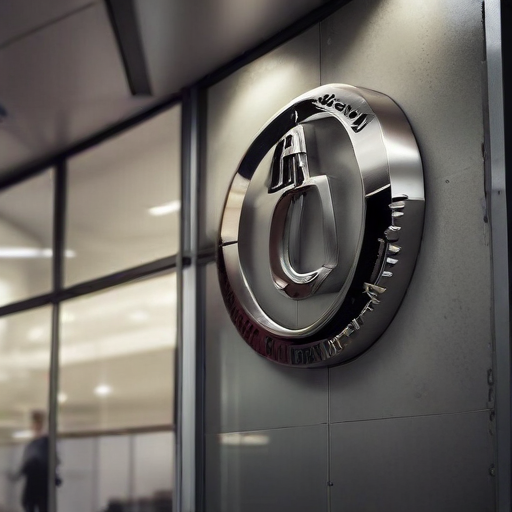President-elect Donald Trump announced on Tuesday his selection of John Ratcliffe to take up the position of CIA director. Ratcliffe, who formerly served as the director of national intelligence from 2020 to 2021, gained recognition during his time in office for his staunch defense of President Trump, particularly during the impeachment proceedings.
Although initially considered a candidate for attorney general, Ratcliffe currently serves as the co-chair at the Center for American Security at the America First Policy Institute, a think tank aligned with Trump’s administration. His tenure as director of national intelligence was marked by controversies, notably his decision to publicly disclose unverified information regarding Russia’s influence in the 2016 presidential election, which drew criticism for allegedly politicizing intelligence.
In his announcement, Trump praised Ratcliffe’s commitment to “truth and honesty,” highlighting his efforts to expose what he described as the “fake Russian collusion” narrative and casting him as a defender of civil liberties against federal overreach. Ratcliffe has stated that during his time with Trump, he communicated that there was no evidence of widespread fraud or foreign interference in the 2020 election.
Despite a rocky start to his career at the national intelligence helm, when he withdrew from the nomination process in 2019 over concerns regarding his qualifications, Ratcliffe was eventually confirmed by a narrow Senate vote in 2020. His selection as CIA director is viewed as a continuation of the loyalty and alignment with Trump’s political agenda.
As the CIA transitions into a new leadership phase, the agency has conveyed its dedication to ensuring a seamless handover.
This decision consolidates Trump’s influence over the intelligence community, reflecting his ongoing commitment to appointing individuals who support his narrative and agenda. Looking ahead, Ratcliffe’s role at the CIA will likely be scrutinized, as many anticipate how his leadership will reshape the agency in alignment with Trump’s strategic vision.
In summary, while Ratcliffe’s appointment may raise concerns regarding intelligence politicization, it also opens the door to a new chapter where the agency could further emphasize its commitment to national security in line with the incoming administration’s goals.
